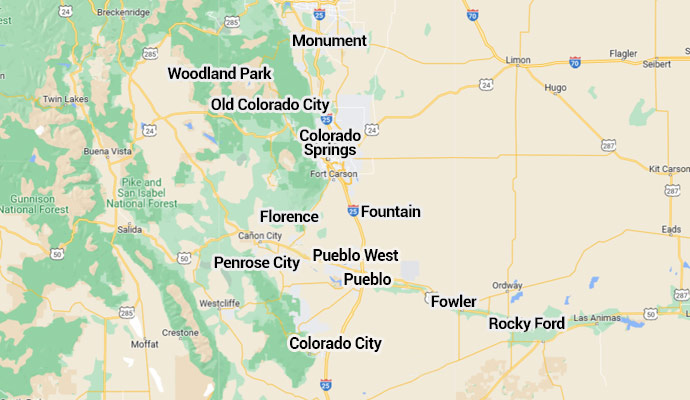The Dangers of Scraping Asbestos-Containing Tile Floors

Asbestos, a naturally occurring mineral once extensively used in construction materials, is now recognized as a severe health hazard. When present in tile floors, it poses a significant risk, especially during activities such as scraping, which can release asbestos fibers into the air. This article discusses why scraping tile floors with asbestos is dangerous, focusing on the health risks associated with asbestos exposure, the characteristics of asbestos-containing tiles, and the importance of proper handling and removal.
Health Risks of Asbestos Exposure
Asbestos exposure is linked to numerous health issues, primarily affecting the respiratory system. The tiny asbestos fibers, when inhaled, can penetrate deep into the lungs, causing long-term health problems. Asbestosis, a chronic and progressive lung disease, results from the scarring of lung tissue due to asbestos fibers. Asbestos exposure is a leading cause of mesothelioma, a rare and aggressive cancer that affects the lining of the lungs, abdomen, or heart.
Asbestos-Containing Tile Floors
Before the health risks of asbestos were fully understood, asbestos-containing materials (ACMs) were widely used in construction throughout Colorado, including floor tiles. These tiles typically contained a mixture of asbestos fibers and a binding agent, often vinyl or asphalt. Asbestos was included in tile manufacturing to enhance durability, heat resistance, and fireproofing properties.
Asbestos-containing tile floors were commonly installed in Colorado buildings constructed before the 1980s. Therefore, any renovations or maintenance work involving scraping, drilling, or cutting these tiles can disturb the asbestos fibers and release them into the air.
Why Scraping Asbestos-Containing Tile Floors is Hazardous
Scraping asbestos-containing tile floors can be particularly dangerous for several reasons:
- Airborne Fiber Release:Asbestos fibers can become friable over time, meaning they crumble easily into fine particles. Scraping the tiles can generate dust and tiny asbestos fibers, which can remain suspended in the air for an extended period. People in the vicinity can unknowingly inhale these fibers, putting them at risk of asbestos-related diseases.
- Inadequate Safety Precautions: Without proper safety measures, individuals involved in the scraping process can inadvertently spread asbestos dust throughout the building, worsening the exposure risk to others, including workers and future occupants. If the building is occupied during the renovation process, occupants can also be at risk of inhaling asbestos fibers, especially if the work area isn’t isolated properly.
- Lack of Awareness: In some cases, people may be unaware that the tiles they’re working with contain asbestos. The absence of clear labeling or documentation from the original construction period may lead to mishandling of the materials.
Proper Handling and Removal
When dealing with asbestos-containing materials like tile floors, these specific guidelines for safe handling and removal must be followed:
- Asbestos Testing: Before any renovation or maintenance work, especially scraping, testing should be conducted to identify the presence of asbestos in the tiles.
- Professional Removal: If the tiles contain asbestos, the removal process should be carried out by licensed professionals who have the necessary expertise and equipment to ensure safe removal and disposal.
- Asbestos Abatement Procedures: Proper containment, such as the use of negative air pressure and sealed barriers, should be employed during removal to prevent asbestos fibers from spreading.
- Personal Protective Equipment (PPE): Workers involved in the removal process should wear appropriate PPE, including respiratory protection, disposable coveralls, and gloves.
Proper handling and removal by licensed professionals are essential to mitigate the risks associated with asbestos exposure during renovation or maintenance projects. Cyclone Kleen Up has a trained and certified staff who can perform asbestos testing & removal in Colorado Springs, Penrose, Salida, Pueblo, and throughout our service area. To learn more, call 719-299-3887 or click here to schedule asbestos removal services ASAP at your property in Colorado.






